F1 car weight has become a "big, big factor" for teams and drivers to consider ahead of the 2022 season, according to Alfa Romeo Technical Director Jan Monchaux, as the sport prepares to enter a new era.
Amid overhauled technical regulations, the minimum weight of an F1 car will rise to 795kg, an increase of almost 50kg compared to the 2021 season (752kg). Just over a decade ago, in 2008, cars weighed in at 595kg – some 200kg lighter.
There are several factors behind the increase, such as the much heavier turbo-hybrid power units that debuted in 2014, and various safety advances in recent years, which include the Halo cockpit protection device.
F1 cars continue to gain weight in 2022
In an exclusive interview with RacingNews365.com, Monchaux described the move to the 2022-spec cars as "extremely challenging", with even more safety-based changes, bigger wheels and a whole host of other adjustments on the way,
"We have increased safety, which comes along with quite a severe weight addition on the car, but with all the additions on the regs and the bigger tyres, bigger rims, bigger brake discs, the weight is clearly a big, big topic for all the teams," he explained.
"It is going to be extremely challenging; it is certainly a big, big factor for us."
How will the rule changes affect the drivers?
Monchaux added that the latest rules overhaul, and the weight-gaining factor, will likely make things more challenging for the drivers out on track.
"I suppose a touch more difficult," he said, when asked if the next generation of cars will be harder or easier to drive.
"It's going to be heavier, which is not necessarily great, and I suppose, even if all the teams are very creative, we will struggle to recover the authority we used to have on some specific aero characteristics, as was the case [before].
"There are also some serious changes in terms of damping; [there's] no hydraulic suspension anymore. All the topics related to ride will worsen. The tyres and rims are getting much heavier; unsprung weight will also make the ride more complicated.
"I would assume that they might be trickier to drive, especially under very windy conditions, or some extreme conditions."
F1 car weight over the years
| Year | Weight |
|---|---|
| 1995-2008 | 595 kg |
| 2009 | 605 kg |
| 2010 | 620 kg |
| 2011-2012 | 640 kg |
| 2013 | 642 kg |
| 2014 | 690 kg |
| 2015-2016 | 702 kg |
| 2017 | 728 kg |
| 2018 | 734 kg |
| 2019 | 743 kg |
| 2020 | 746 kg |
| 2021 | 752 kg |
| 2022 | 795 kg |
Also interesting:
F1 Podcast: How real is the threat that Hamilton will leave F1?
F1 journalists Dieter Rencken, Thomas Maher and Mike Seymour weigh up the possibility that Lewis Hamilton might leave F1 behind, as well as analysing what might be uncovered during the FIA investigation into the 2021 Abu Dhabi Grand Prix.
Don't miss out on any of the Formula 1 action thanks to this handy 2026 F1 calendar that can be easily loaded into your smartphone or PC.
Download the calenderMost read
In this article
Interviews RN365 News dossier
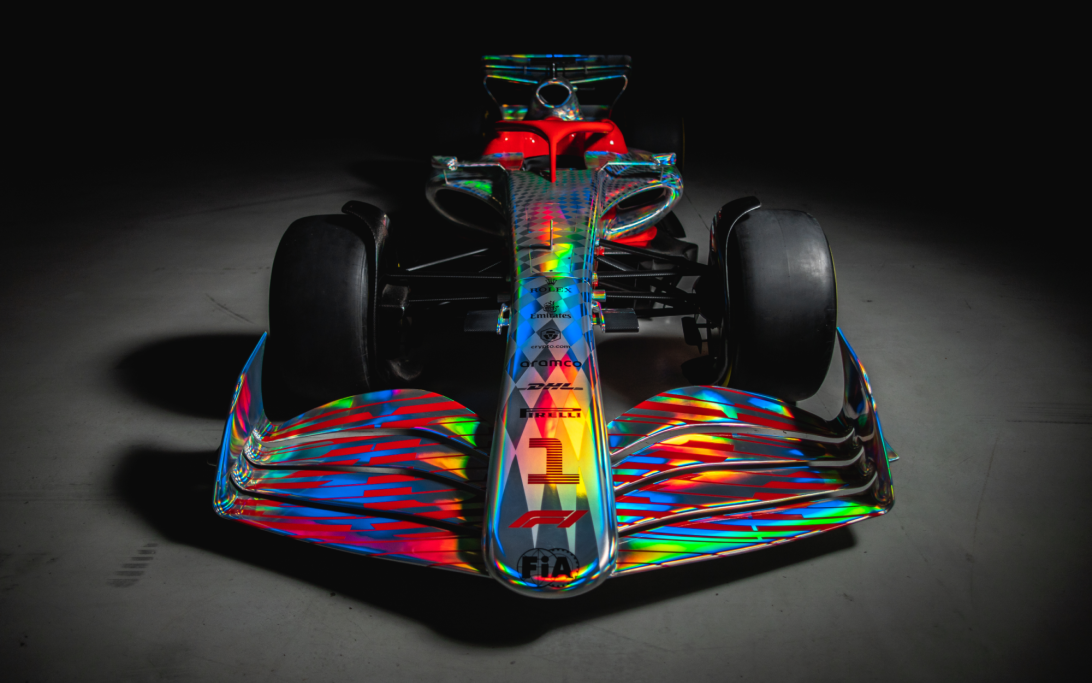












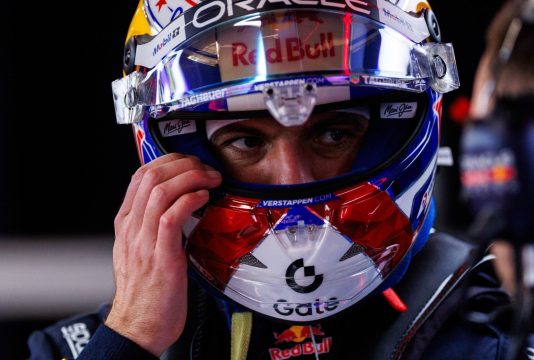


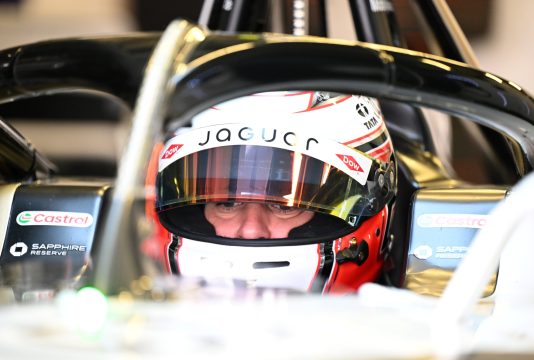

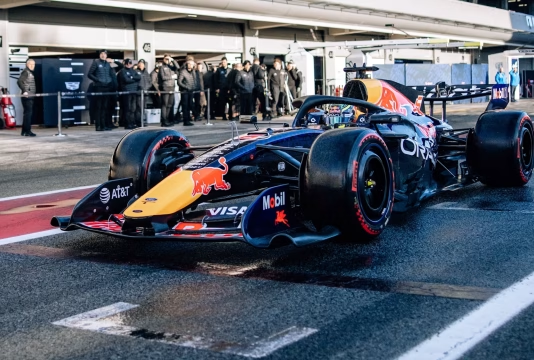


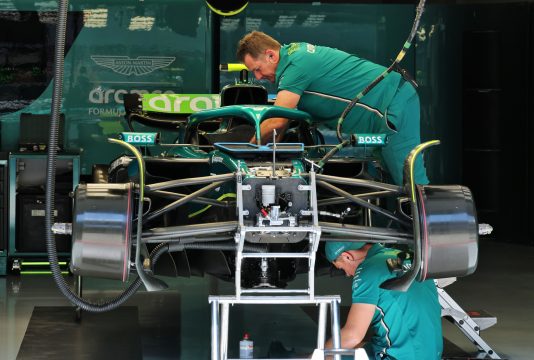



Join the conversation!